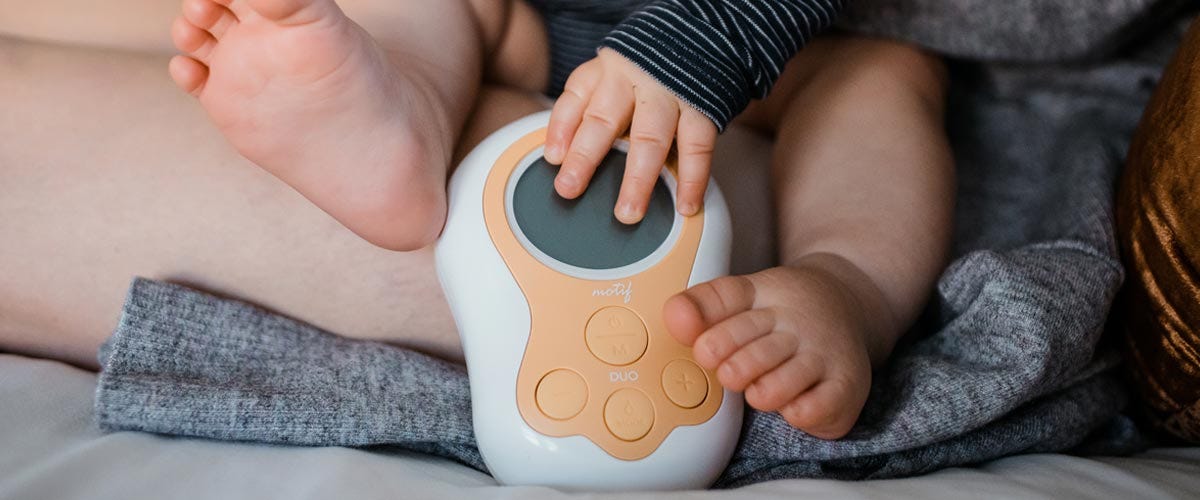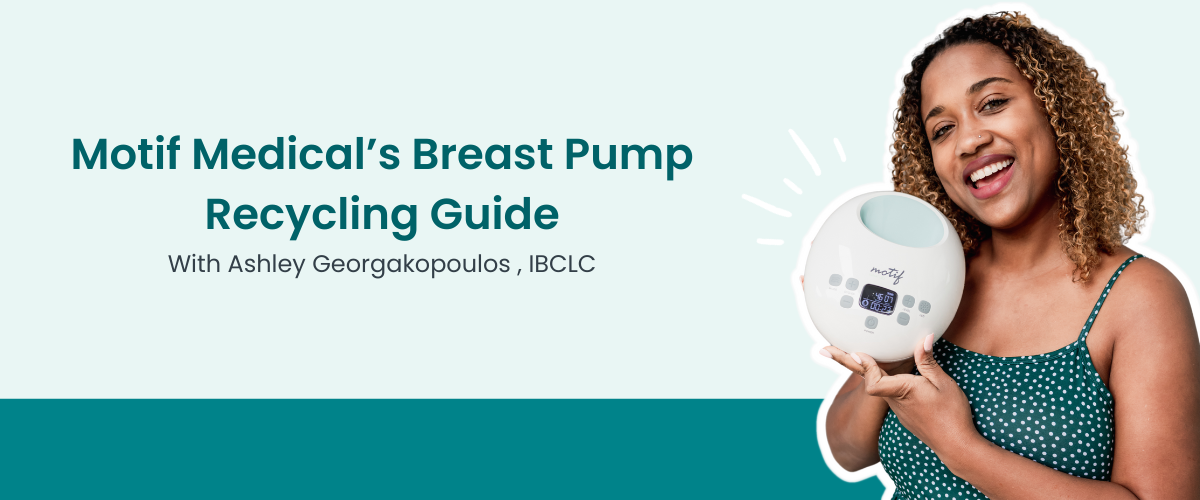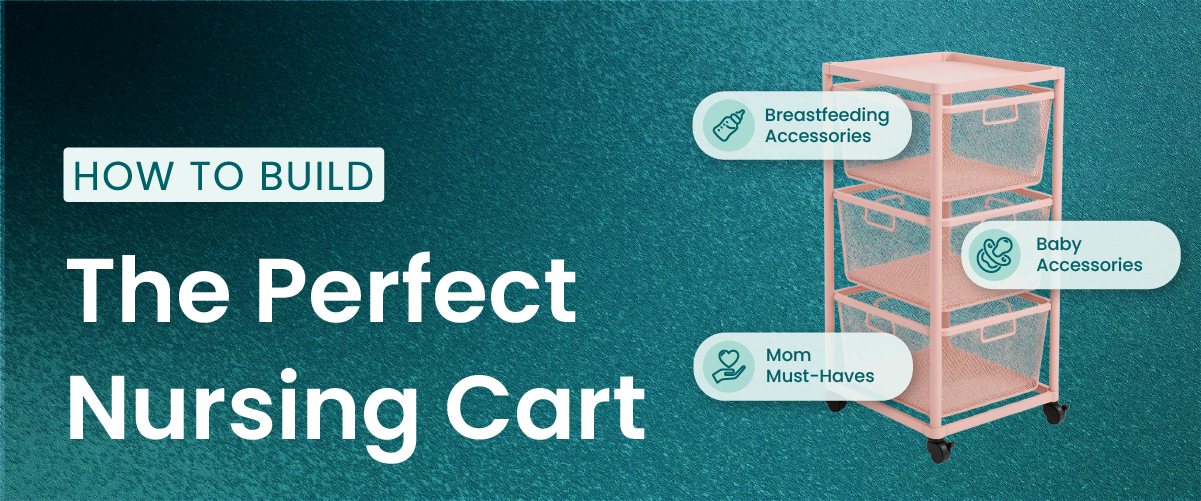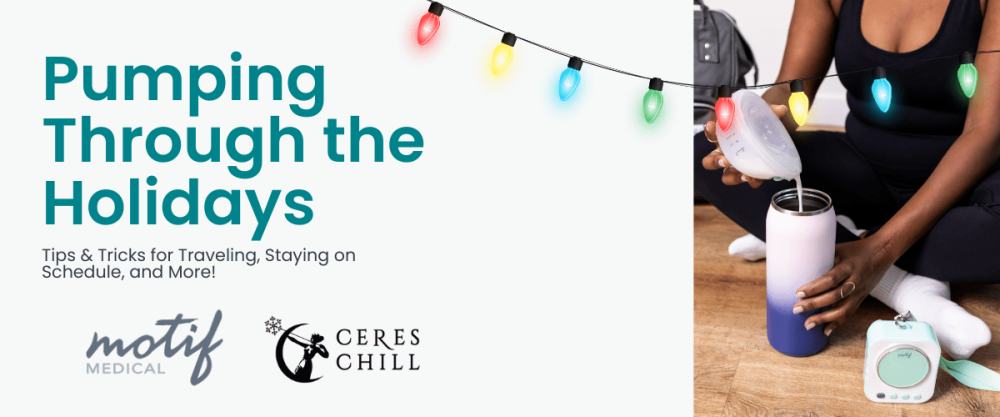There are many sources of information out there about the health and bonding benefits of breastfeeding for the baby's immune system. Breastfed babies have a lower risk of sudden infant death syndrome (SIDS), asthma, obesity, ear infections, common colds and infections, and more. But there are just as many crucial benefits and health implications for the mother! Realizing and sharing this information has a great impact on women’s health worldwide. It is so much bigger than the changing of social normalities and pressure for new moms to do what is ‘natural.’ Being self-informed on these health benefits can empower women everywhere.
Oxytocin: Bonding and Postpartum Recovery
The most commonly discussed breastfeeding benefits are that breastfeeding helps you bond with baby and how hormones help reduce the risk for postpartum depression. Oxytocin, the hormone for intense happiness and satisfaction, plays a large role in this. It is also the hormone behind the breast milk ejection reflex (MER), also known as the “letdown,” which is the contraction of milk at the beginning of each feeding session. Oxytocin is also behind the contraction of the uterus meant to minimize postpartum bleeding and the return the uterus to normal size.
Recovery time is important between pregnancies. Exclusive breastfeeding without any interruption, supplementation, or replacement feedings with pumping, can be utilized as a contraceptive up to four months postpartum, or return of menses, with 99% effectiveness.
Reducing the Risk of Cancer
Estrogen levels are much lower during breastfeeding, which prolongs the return of fertility and menses. This also keeps estrogen low in the mammary fat cells that would normally “feed” cancerous dispositions. In one research study, breastfeeding mothers who acquired seven years or more of breastfeeding, from one or all children, were examined. It was found that these mothers had virtually no chance of ever having breast cancer, pre or post menopause. For every year acquired, percentages in risk of breast cancer dropped dramatically by 23%.
Other female-oriented cancer risks are drastically dropped as well, such as ovarian cancer.
Reduction in Bone Brittleness and Osteoporosis
Another estrogen-related risk is osteoporosis. From the first menses in adolescence to the end of menopause, women not only lose iron, but also calcium. This eventually leads to bone brittleness and osteoporosis risks. An interesting benefit to breastfeeding, however, is the change in uptake ability to absorb calcium. After 14 months of breastfeeding, a woman will reabsorb all of the calcium ever lost.
Metabolic Health and Disease Prevention
Though weight loss after having a baby should be a gradual thing, it is certainly helped by the extra calories burned by breastfeeding. Women can easily burn 300-500 kcal/day by simply breastfeeding and it can improve overall metabolic rates and healthier outcomes, like better protection against heart disease.
It also plays an important role in reducing the risk of diabetes. Women who were diagnosed with gestational diabetes are twice as likely to develop type 2. Breastfeeding helps regulate insulin levels, thus drastically reducing risks.
Women who breastfeed for one to two years over their lifetime also have a 10-50% lower risk of high blood pressure, arthritis, high blood fats, cardiovascular disease and type 2 diabetes.
References
- American Academy of Pediatrics, https://www.aap.org/en-us/advocacy-and-policy/aap-health-initiatives/Breastfeeding/Pages/Benefits-of-Breastfeeding.aspx
- https://www.womenshealth.gov/breastfeeding/making-decision-breastfeed
- https://kellymom.com/pregnancy/bf-prep/bf-benefits/
- https://www.nichd.nih.gov/health/topics/breastfeeding/conditioninfo/benefits
- https://www.cdc.gov/breastfeeding/about-breastfeeding/why-it-matters.html
About the Author
Ashley Georgakopoulos is an International Board Certified Lactation Consultant (IBCLC) that specializes in the clinical management of breastfeeding and an expert in the field of lactation. Ashley is from Knoxville, TN, and is a mother who has dealt with the obstacles and joys of breastfeeding. As the owner of Genesis Lactation, she educates families, connects them to resources, and helps the next generation be as healthy as possible: nutritionally and sustainably.








